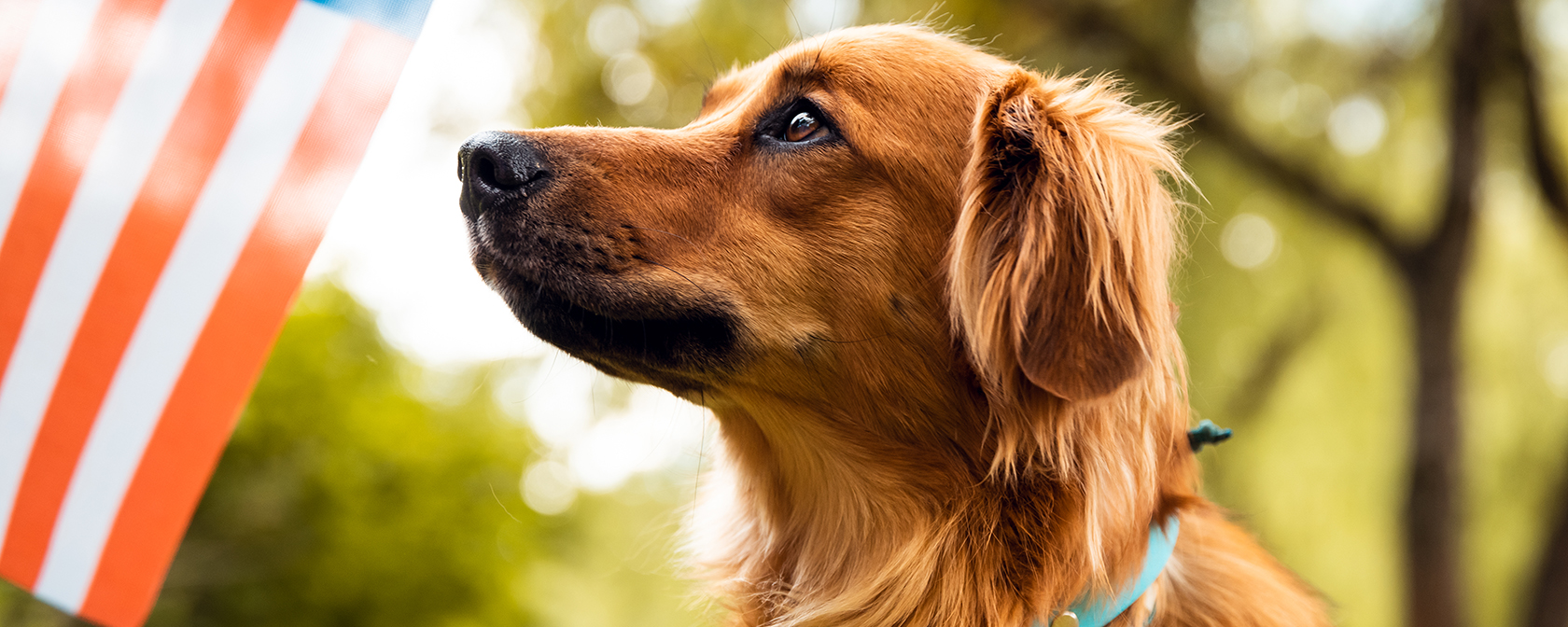By Brad Pyle
Supporters of the Humane Society Legislative Fund understand that animals win when humane candidates do. That’s why we work tirelessly to engage the political power of the animal welfare movement to elect our champions and defeat candidates who stand in the way of humane progress. That’s also why we ask our supporters and allies to contact their elected officials, send letters to the editor, talk to voters in their community, and most importantly, to vote for humane, viable candidates. But there is something else you can do if you are so inclined, and that’s to run for office yourself. It’s not for everyone, but there’s little doubt that putting more advocates into elected office will be good for animals. Moreover, running, winning, and serving as an elected official can be an incredibly satisfying experience.
Anyone considering public service should spend some time thinking it through carefully beforehand and taking a few preliminary steps to make certain it feels right. If you care deeply about animals, you’re in a position to check the most important box for candidacy: you’ve got a reason for running. But there are other things you should consider. Have you got time to build a campaign that will get you elected? Are there campaigns being waged by other candidates for which you can volunteer and from which you can learn? Finally, what other issues do you care about? To be a strong candidate, you must understand and develop political platforms on other issues of concern in your community. And you must be able to communicate your positions and ideas about them to citizens, the media, and other public officials.
Our nation’s political history at all levels suggests that the entry of animal advocates as political candidates is not just desirable, but inevitable. Countless Americans have run for office as advocates for the general political positions associated with one political party or other. But just as many have entered politics because of their concern for causes like the environment, pay equity, tax reform, anti-discrimination, the needs of children, the elderly and so much more. There are thousands of local elected officials in every state—ranging from township trustee to state legislator—seeking to address and advance those and other issues, and animal advocates must be among them if animal protection is to gain further footholds in our laws and policies.
The evidence of need is already great. Right now, state and local policy makers are in legislative sessions under way across the United States. Already, bills addressing the cruel fur industry have been introduced in several states—as has legislation addressing the sale of animals in pet stores. A handful of states will see the introduction of farm animal protection bills this year. More than 375 towns and cities have passed ordinances prohibiting sales of puppies in pet stores, and more are in the pipeline.
There are over 500,000 local elected officials in the United States. These include mayors, county commissioners, city councilmembers, sheriffs, and others—and in many instances they are looking for other citizens willing to serve. Your local election officials should be able to provide lists of elected positions in your area and the scheduled dates for upcoming elections. Local political party offices, the League of Women Voters, and other civic groups can also offer insight into upcoming elections and the need for candidates. Take full advantage of these opportunities to see what offices are going to be in play, and whether one of them might be right for you.
Serving in a local capacity has some real advantages for those interested in helping advance humane concerns. Municipalities are passing legislation to ban the sale of new fur products, prohibit retail sales of puppies, protect endangered species, and much more. The occupants of certain elected offices, like sheriffs and prosecutors, have a direct role in the enforcement of animal crimes from abuse to poaching—the Macomb County Prosecutor in Michigan even created an animal protection unit within his office. Planning commissions can have a huge impact on habitat and human wildlife conflict—and yes, some municipalities still elect the dog catcher.
Running for office is a great way to serve your community, advance the cause of animal welfare, and strengthen our democracy. Politicking is not for everyone, with many of us preferring to carry out our work behind the scenes. Those who do run, however, can do so knowing that animal advocates across the country will be rooting for their success, just as all of us at Humane Society Legislative Fund will be doing everything in our power to see animal welfare champions elected to every level of office.
Brad Pyle is political director of the Humane Society Legislative Fund.




